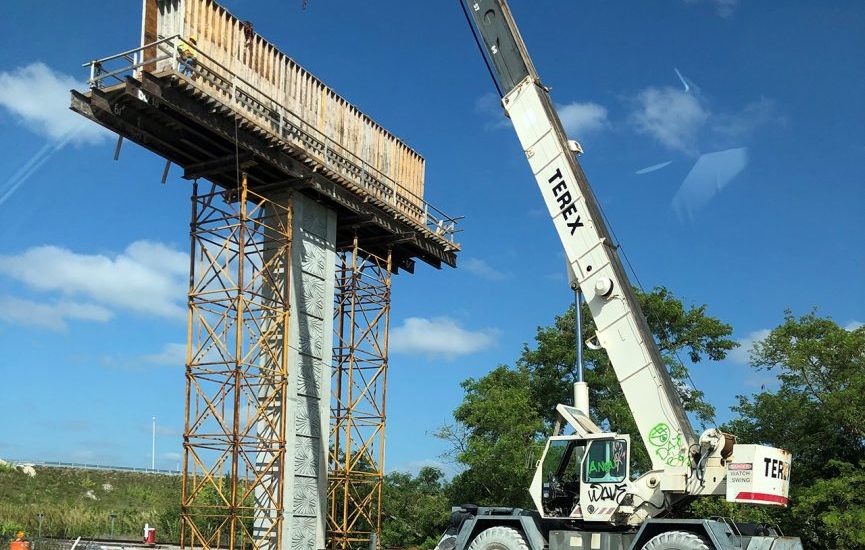- August 21, 2019
- Posted by: admin
- Category: Contractor Legal Information, Florida Contractor License

The following article was written by Miami Construction Lawyer Alex Barthet and appeared first on TheLienZone. It was re-posted with permission. For more information about Alex and his firm, please visit www.TheLienZone.com and www.Barthet.com.
See below for some great information on pay-when-paid in Florida. Do not hesitate to call us here at Licenses, Etc.! If we don’t have the information, we can find it for you!
They are a big problem for all subcontractors and suppliers – those pay-when-paid provisions stating that payment won’t be due until and unless it is first paid by the owner. This shifting of the risk of non-payment from a general contractor to its subs and material suppliers has found its way into most every construction contract you see today. Can you do anything to overcome these clauses?
To start with, many of these clauses are ambiguous. The pay-when-paid language can be interpreted on the one hand as establishing the condition that payment must first be received from the owner before it must be paid out to the subcontractor or supplier, or, on the other hand, it can be seen as simply fixing a reasonable time frame for when payment is to be made.
When interpreted as a condition precedent, the subcontractor and supplier will get paid only on the condition that the general contractor has been paid by the owner. However, when seen as fixing a reasonable time frame for payment, the pay-when-paid language is treated as a promise by the general contractor to pay the subcontractor or supplier, with the understanding that the payment may be delayed for some reasonable time while the general contractor obtains payment from the owner.
What if the subcontract with a pay-when-paid clause incorporates the prime contract between the general contractor and the owner? And what if that prime contract actually requires the general contractor to pay all bills or debts associated with the work? Reading these provisions in conjunction with the subcontract, which states that payment won’t be due until it is received from the owner, obviously creates some confusion. When this happens and the pay-when-paid language is unclear, then this limiting provision simply sets a reasonable time for payment and is resolved against the general contractor.
The bottom line is that a pay-when-paid clause, if intended to create a pre-condition to payment, as opposed to a reasonable time frame when payment will be made, must be free of any ambiguity and must establish by its express terms that payment by the owner is an absolute condition precedent to any requirement on the part of one party to pay the other.
Too often, more time is spent bidding a project than actually reviewing the agreement once the bid is won. Sometimes, pay-when-paid provisions are not discovered or addressed until the parties are well into a job. Many subcontractors and suppliers actually ignore these provisions, hoping they just won’t have to ever deal with them. This would be a big gamble, and one most construction law experts would advise against.
At Licenses, Etc., we offer a fast and easy contractor license application process for our contractor clients in Florida and other states. We are a Florida contractor licensing company. Contact us at Licenses, Etc., to get your Florida contractor’s license today by clicking Florida contractor’s license page or calling 239-777-1028.
Leave a Reply
You must be logged in to post a comment.
